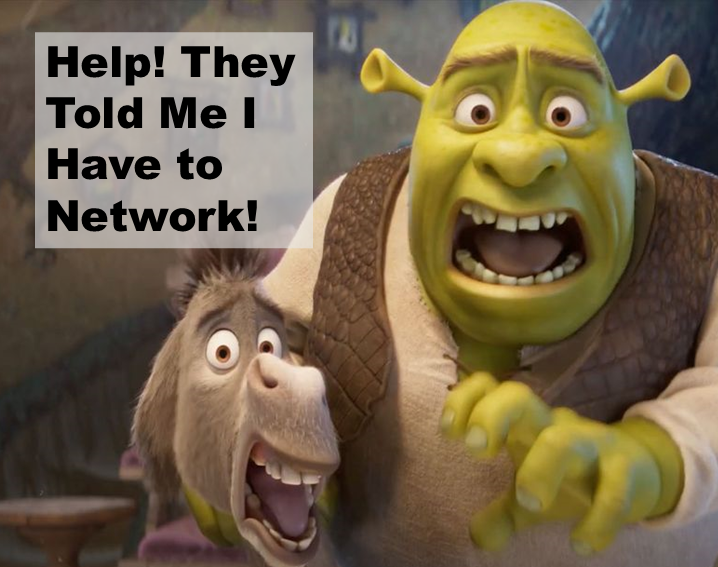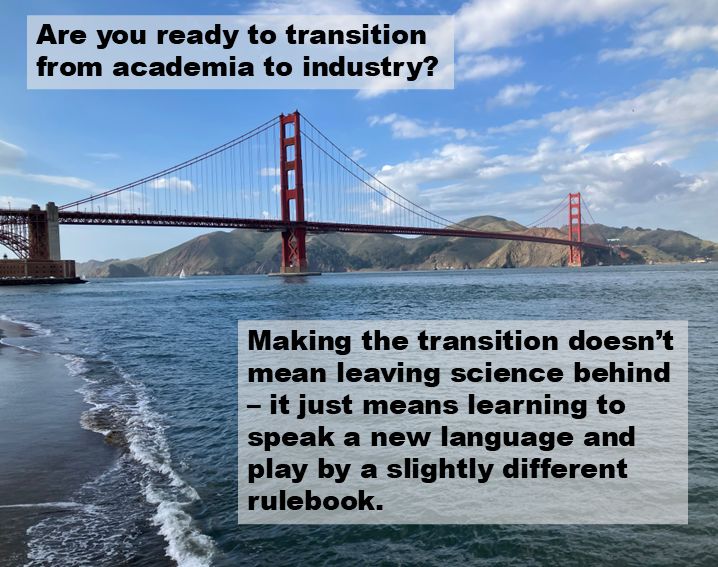As academics, we develop a wealth of skills that are not only valuable in the academic world but also highly sought after in various industries. Here are six transferable skills that academics can leverage in their career transitions:
1. Research and Analytical Skills
Academics are trained to conduct thorough research, analyze data, and draw conclusions based on evidence.
Proof: An academic can highlight their experience in designing experiments, conducting surveys, or analyzing large datasets. They can provide examples of published research, presentations at conferences, or successful grant applications.
2. Communication Skills
Academics often present complex ideas clearly and effectively, both in writing and verbally.
Proof: They can showcase their ability to write research papers, create engaging presentations, or teach courses. Providing examples of successful public speaking engagements or workshops can also demonstrate this skill.
3. Project Management
Managing research projects, including timelines, budgets, and team coordination, is a common responsibility for academics.
Proof: An academic can describe specific projects they have led, detailing their role in planning, execution, and outcome. They can mention any tools or methodologies used (e.g., Agile, Gantt charts) to manage these projects effectively.
4. Problem-Solving Skills
Academics are trained to approach problems methodically and develop innovative solutions.
Proof: They can provide examples of challenges faced during research and the strategies employed to overcome them. Highlighting instances where they developed new methodologies or improved existing processes can be effective.
5. Collaboration and Teamwork
Many academic projects require collaboration with colleagues, students, and external partners.
Proof: Academics can discuss their experience working in interdisciplinary teams, co-authoring papers, or leading student groups. They can also mention any collaborative projects with industry partners or community organizations.
6. Adaptability and Continuous Learning
The academic environment often requires individuals to adapt to new information and changing circumstances quickly.
Proof: An academic can illustrate their commitment to lifelong learning through professional development courses, attending workshops, or adapting their research focus based on emerging trends. They can also discuss how they have adjusted their teaching methods in response to student feedback or technological advancements.
Conclusion
To effectively communicate these transferable skills, academics should tailor their resumes, cover letters, and interviews to highlight relevant experiences and accomplishments. Using specific examples and quantifiable outcomes can significantly strengthen their case when transitioning to industry roles. Let’s embrace our academic backgrounds and showcase the unique strengths we bring to the table!
Feature photo: Diliff, CC BY-SA 3.0, via Wikimedia Commons
For further information or if you have any questions, please do not hesitate to contact me.



